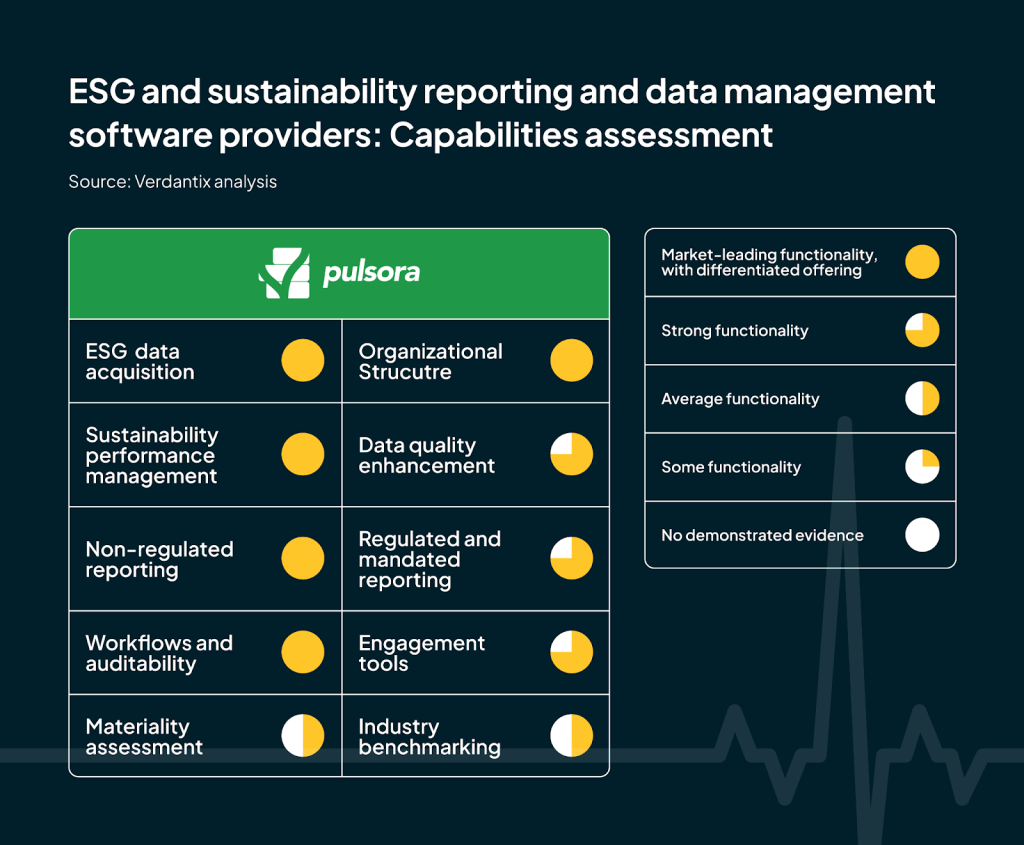Every NYC homeowner’s property tax statement is public record and can be found on the Department of Finance website. While this guide primarily caters to condo and house owners, co-op owners may find this resource beneficial too.
Understanding how property taxes work when buying a home is of vital importance; they typically make up a substantial part of your monthly mortgage payment.
Assessed value
Property tax assessments for online property taxes typically follow this formula: A percentage of its market value. The assessment value can be influenced by local real estate market conditions such as comparable home sales, depreciation, neighborhood amenities and size; then multiplied by a tax rate to determine how much in taxes each homeowner must pay each year.
. If your home has been unfairly assessed, filing an appeal could take as little as one year if done right. Before initiating this process it’s essential that all data pertaining to it from local governments be thoroughly gathered as well as records on comparable properties for comparison purposes – including prices of similar homes in your area that might help determine its valuation – before filing the second valuation request with the county office and finding out their tax rate from either their website or office directly.
Tax rate
The property tax is an essential revenue stream for cities. Based on market value rather than income or other considerations, it promotes stability in the real estate market and encourages development through encouraging investments in new properties.
Rates depend on the type of property owned; owners of single family homes pay less in taxes than their counterparts in coops and condos, while office buildings and commercial rental properties pay higher taxes due to policy decisions made by elected officials in cities and states.
New York City residents also take advantage of numerous exemptions and credits provided by the city, such as school tax exemptions such as basic STAR credits (applied towards school taxes) as well as enhanced STAR credits available to seniors and veterans. Furthermore, certain business categories may qualify for tax class exceptions that help offset some expenses.
Due date
Property tax due dates mark the deadline by which real estate or vehicle taxes must be paid. If your payment arrives after this deadline, it will be considered late and incur penalties; as soon as it becomes delinquent this penalty increases exponentially.
The City’s fiscal year runs from July 1 through June 30, with property taxes being invoiced two to four times annually depending on your property value. You will typically receive your bill approximately one month prior to its due date – in cases when this falls on a weekend or County holiday it will be extended until the following business day.
Military service members stationed overseas can contact us to request an extension on their tax due date for both real estate and vehicle taxes, upon providing proof of deployment. In order to do this, proof must be provided.
Appealing a tax bill
If your property tax bill seems excessively high, filing an appeal with your county may help lower it temporarily until issues are addressed. Homestead exemption may also help reduce its assessment value and possibly lower taxes as a result.
Step one is to research the values of comparable properties in your local real estate market and neighborhood. If your new valuation seems excessively higher than others in your neighborhood, appeal may be necessary.
Before appealing directly to the IRS, however, you should contact your local property tax office in order to discuss your concerns and provide documentation, including photos and detailed information regarding the condition of your property. As this review process can take months to complete it’s important to be patient. You may be required to pay a small filing fee as well as hiring legal advice if necessary.




